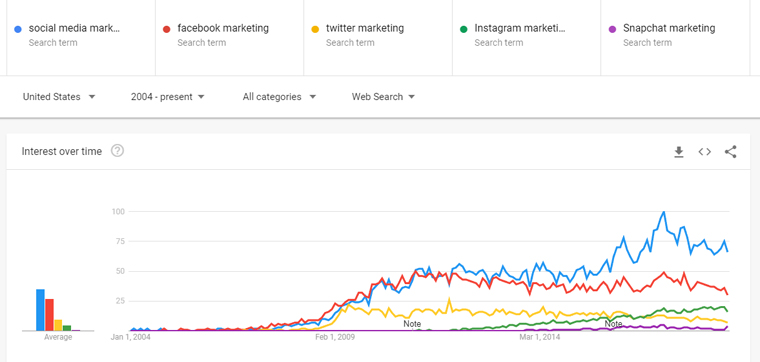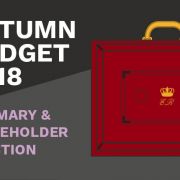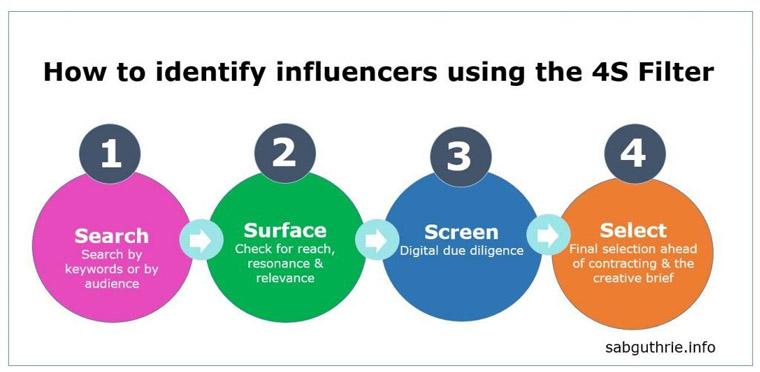Finance spotlight with The Money Shed’s Jonathan Gutteridge
Jonathan Gutteride writes The Money Shed, a leading money-making blog that was recently ranked in the Top 10 UK personal finance blogs. A community and forum sharing and tips and tricks to make money from home, The Money Shed has grown a huge loyal audience and made them thousands of pounds. We spoke to Jonathan about how the blog has grown, why making money is better than saving and why he never has to contact PRs.
How has your blog changed over time?
Its tone has grown a lot. At the start I wanted it to be about how to improve your life by saving money or doing online work for pennies but it is very much a site that tells people those things are a waste of time and instead you can make your life easier by doing well-paid work online!
How much do you plan your posts in advance?
Not at all. Maybe five days or so! I’ll think of an idea on Monday and write the content on Friday! I don’t make blogging the long drawn out, overthought job that I see a lot of bloggers seem to relish.
What’s the biggest takeaway from the Autumn Budget for our personal finances?
Do you know I’ve not even watched the budget! I think at 37 I’m just immune to it all now and just wait until one of the budget changes impacts me directly!
Is it more important to save money or find new ways to make money?
Make money without a doubt! Why scrimp and save and cut corners on your lifestyle when you can instead just earn extra money and live a better life.
How do you work with PRs for the blog?
They contact me, we agree a price and the content goes up. I can’t even think of the last time I reached out directly to a PR as I guess after five years, The Money Shed has enough clout and authority that they want their content/backlinks on there.
What campaigns have you collaborated on that were really good?
I’ve done one for Universal in Orlando that was a good look at if the costs of theme parks are really worth it. I’ve worked with everyone from HSBC and Aviva to Quidco and Risk Free Matched Betting Firms. They all want to tap into the loyal Money Shed readership!
What’s best practice for working with PRs?
Set your budget expectations from the start! If you charge £250 for a pre-written post then make that clear at the beginning as if they can’t pay that then you are just going to waste your time going back and forth with them.
Do you think bloggers should have their own industry association?
Hell no! Blogging is far too varied for some kind of ‘bloggers union’. Every niche works so differently we wouldn’t be able to agree on anything!
What other blogs do you read?
None specifically but if I see your content come up on tweetdeck and it’s around blogging/money/starting a business etc. I will more than likely give it a click. I find 99% of my new content through social media.









 What’s the best top tip you have for pet owners?
What’s the best top tip you have for pet owners?

























 How do you make your blog stand out?
How do you make your blog stand out?






